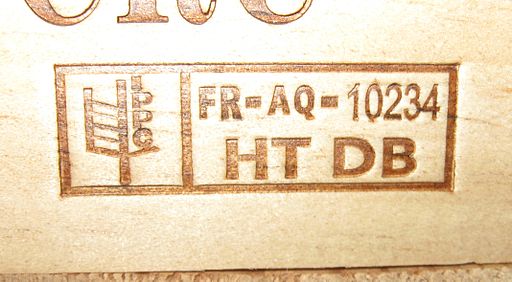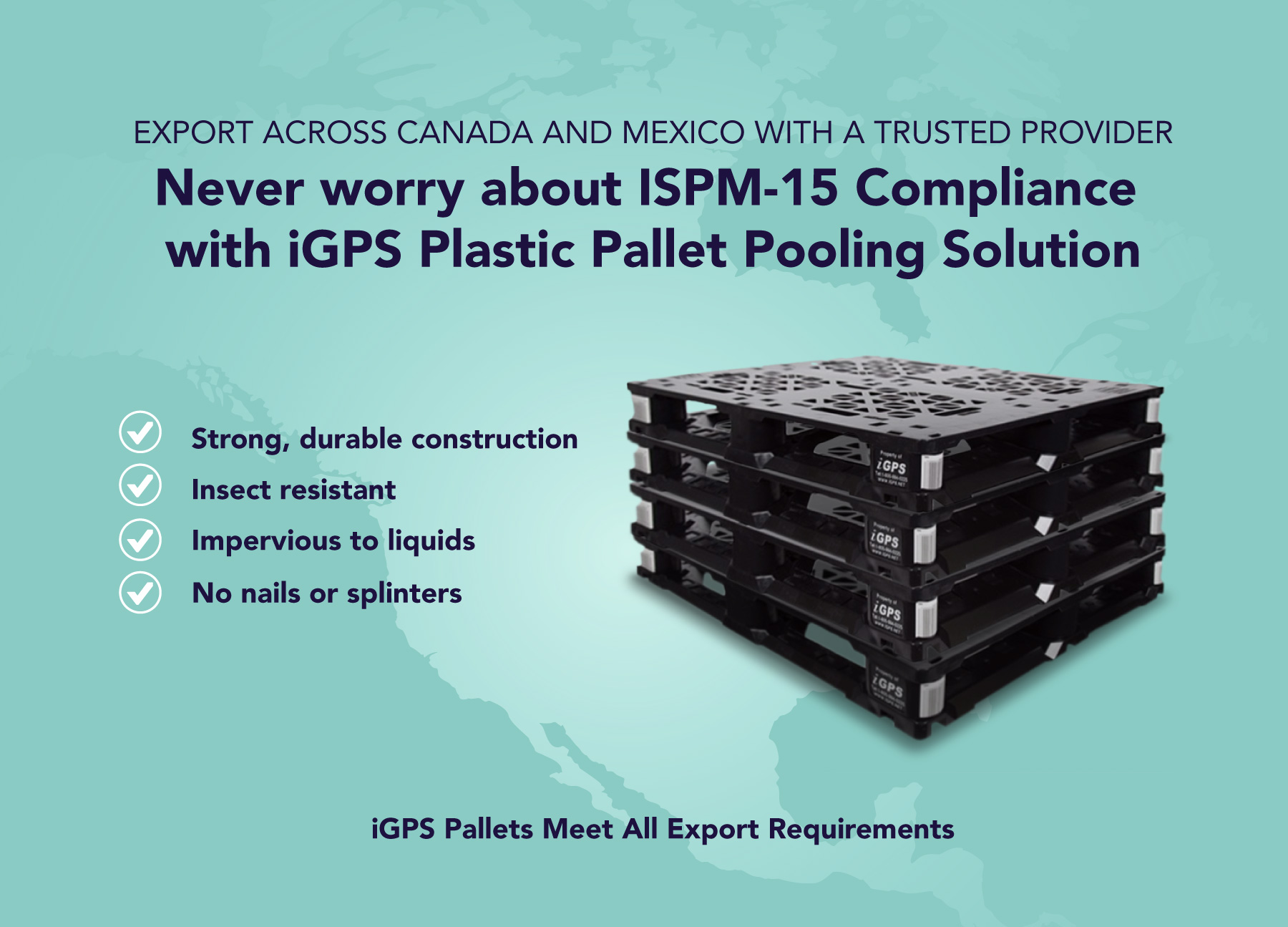ARTICLE UPDATED ON AUGUST 11, 2023
Discovering a new overseas market for your product can be truly exhilarating. While establishing a niche market domestically contributes to a successful business, venturing into foreign markets elevates your brand to a global scale, even if that market happens to be just across the border in Canada or Mexico. However, exporting entails a more intricate supply chain and adherence to various prerequisites.
When exporting, companies will encounter the need to make certain adjustments to their product, such as colors, logos, disclosures, and even electrical voltages. This process ensures that products align with the regulations and standards of the target market.
Shipping products also becomes more complex as businesses embark on their export journey. It becomes crucial to ensure that products meet the labeling requirements for customs clearance in the receiving country. Alternatively, enterprises may choose to collaborate with a reliable partner who can handle these obligations on their behalf. Regardless of approach, it is essential that manufacturers and their logistics partners familiarize themselves with the international pallet requirements for export to prevent products from being stranded or denied entry into the country. Fortunately, fulfilling just one pallet requirement for export simplifies this aspect of the process.
The ISPM-15 Pallet Requirement for Export

The only real international pallet requirements for pallets being exported are those set by the International Plant Protection Convention (IPPC), which is charged with preventing damage to plants from introduced, non-native pests. The IPPC creates and issues International Standards for Phytosanitary Measures (ISPMs) to ensure that plant-destroying pests are not transported along with products in international trade. One standard that this body has set, ISPM-15, concerns wood packaging and is effectively the only internationally recognized pallet requirement for export.
ISPM-15 lays out measures for wood pallets and wood packaging to guarantee that wood-boring or wood-eating insects cannot be transported. ISPM pallets must be made from debarked wood and then treated with either heat or methyl bromide to ensure that they cannot be reinfested and that they remain pest-free. While there is no paperwork to prove that a pallet have been properly treated, there is a stamp applied to the pallet itself to show that it is in compliance with ISPM-15. 79 of the world’s largest economies have adopted and implemented ISPM-15. And since it is the only truly binding international pallet requirement for export, to successfully export products on a pallet, that pallet will either have to be compliant with ISPM-15 or exempt from it.
ISPM-Exempt Pallets for Export
There are several scenarios in which a pallet can be exempt from ISPM-15:
- Pallets that are made of wood processed to the point that no pests could survive are exempt, including particle board, oriented strand board, plywood, and veneer. Corrugated paper products like cardboard are also assumed to be exempt.
- Pallets made of materials other than wood, such as steel, aluminum, or plastic, are exempt from ISPM requirements since they will not attract and harbor wood-boring insects.
Aside from these requirements and exceptions, any other pallet-related choices are entirely up to the manufacturer and the end retailer. However, choosing a higher quality pallet for export than the typical stringer pallet offers key advantages.
Choosing Higher Quality Pallets for Export

Most pallets chosen for export are wood stringer pallets for a variety of reasons, the most common being that they are typically cheaper than more durable pallets. Moreover, strong, reusable pallets are meant to make multiple trips through the supply chain, and a return journey for a pallet going overseas is not always possible. The disadvantage of this is that it leaves manufacturers dealing with damage-prone stringer pallets which come with a large set of drawbacks. Since stringer pallets are more likely to break and malfunction, they are also more likely to damage products, leading to significant funds lost in damaged goods. Another issue with wood stringer pallets is that they are not all properly heat-treated or fumigated. And if a company is in the habit of buying the cheapest pallets possible, you may find that employees use whatever pallets are handy rather than the ones intended for export, resulting in quarantined products and other issues throughout the international shipping process.
Plastic pallets offered by a pallet pooling service are not only exempt from ISPM-15, they are also stronger and more durable than either stringer or wood block pallets and therefore are able to reduce product damage during transportation.
When exporting products overseas, companies may have no other choice than to use stringer pallets, but export to Canada or Mexico opens up the opportunity of using a pallet rental program that offers higher-quality platforms. Plastic pallets offered by a pallet pooling service are not only exempt from ISPM-15, they are also stronger and more durable than either stringer or wood block pallets and therefore are able to reduce product damage during transportation. The iGPS plastic pallet rental program provides companies across North America with a durable plastic pallet that not only meets pallet requirements for export, but is safer, lighter, and more hygienic — at a price comparable to stringer pallets.
Partnering with a pallet pooling service such as iGPS can free companies from managing their own pallet supply and eliminate any worries about ISPM-15 compliance.
Companies committed to complying with international pallet requirements use iGPS plastic pallets for all their shipping needs. Our lightweight, recyclable plastic pallets incorporate RFID technology, making them traceable throughout a supply chain. For more information, contact us at 1-800-884-0225, email a specialist at switch@igps.net, or visit our contact page.




